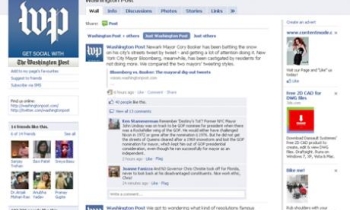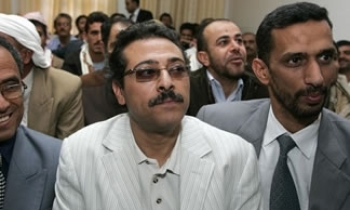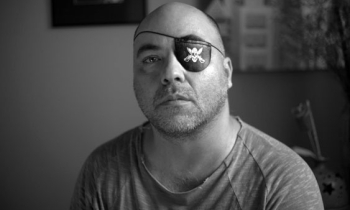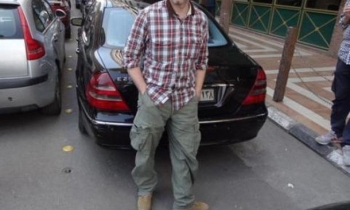JOHANNESBURG: A South African draft law that its sponsors say is intended in part to curb pornography has drawn a cool response from the country's media and media watchdogs, who say it could be a first step toward political censorship.
The measure, the Film and Publications Amendment Bill, has hit a particular nerve in South Africa, where memories of draconian restrictions and crackdowns on journalists under apartheid are still fresh.
Officials say one of the law's main goals is to tighten controls on child pornography in a country with a high rate of rape and other forms of violence against youth.
The draft law would require the Film and Publications Board to review material that contains "descriptions or representations of or amounting to sexual conduct, propaganda for war, incitement to imminent violence or the advocacy of hatred based on any identifiable group characteristic."
Any news story that the board deems to have violated these requirements could be banned.
Critics say the law might be used to quash political protest, which has gained momentum in the past few years amid growing unhappiness with poor basic services.
The international watchdog group Reporters Without Borders urged Parliament to reject the bill, which has also been criticized by South African editors.
"Protecting children against harmful material is a sensitive issue in South African society at the moment, but we reject morality policing and censorship at the expense of freedom of information," the group said.
"As far as we are concerned, there's been an increasingly disturbing trend to clip the wings of the media in South Africa, and we don't see it going away," said Jane Duncan, executive director of the Freedom of Expression Institute.
She cited past bids by the Department of Communications to bring editorial policy at the public broadcaster SABC under its oversight and to appoint officials at the media watchdog Icasa.
"They are being checked somewhere through the parliamentary process, but there is nevertheless a trend," she said.
Relations between President Thabo Mbeki's government and the media have at times been stormy, with Mbeki often blaming media criticism and negative coverage of crime and corruption on a "racist agenda" by a white-dominated industry.
But Nixon Karithi, head of media studies at the University of Witwatersrand in Johannesburg, said Mbeki was unlikely to risk his good international standing by clamping down on such an important institution of democracy.
"I'm actually putting it down to a clerical error rather than a systematic attempt to muzzle the media," he said. "They would need a small army to implement this law."
"I would imagine perceptions of South Africa would be dented severely. These are things I would not expect the government to sacrifice so easily."









